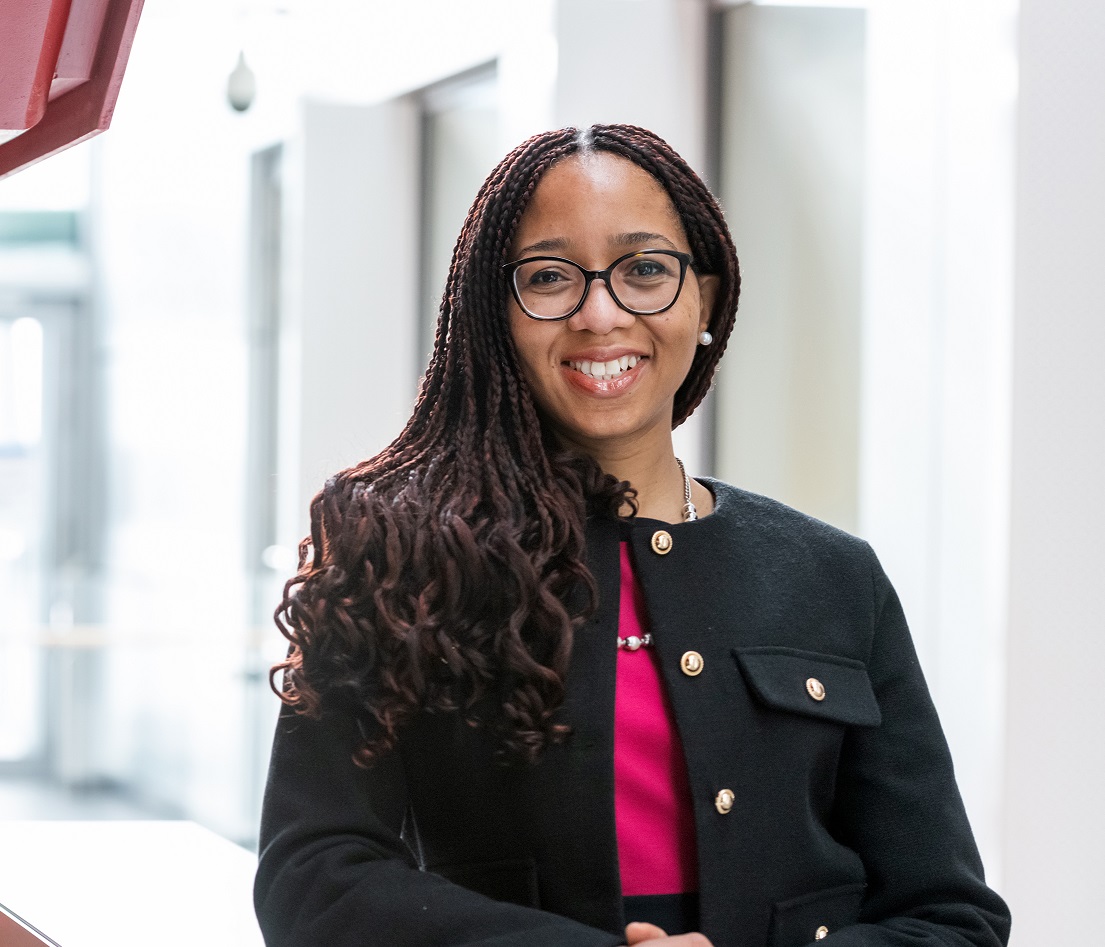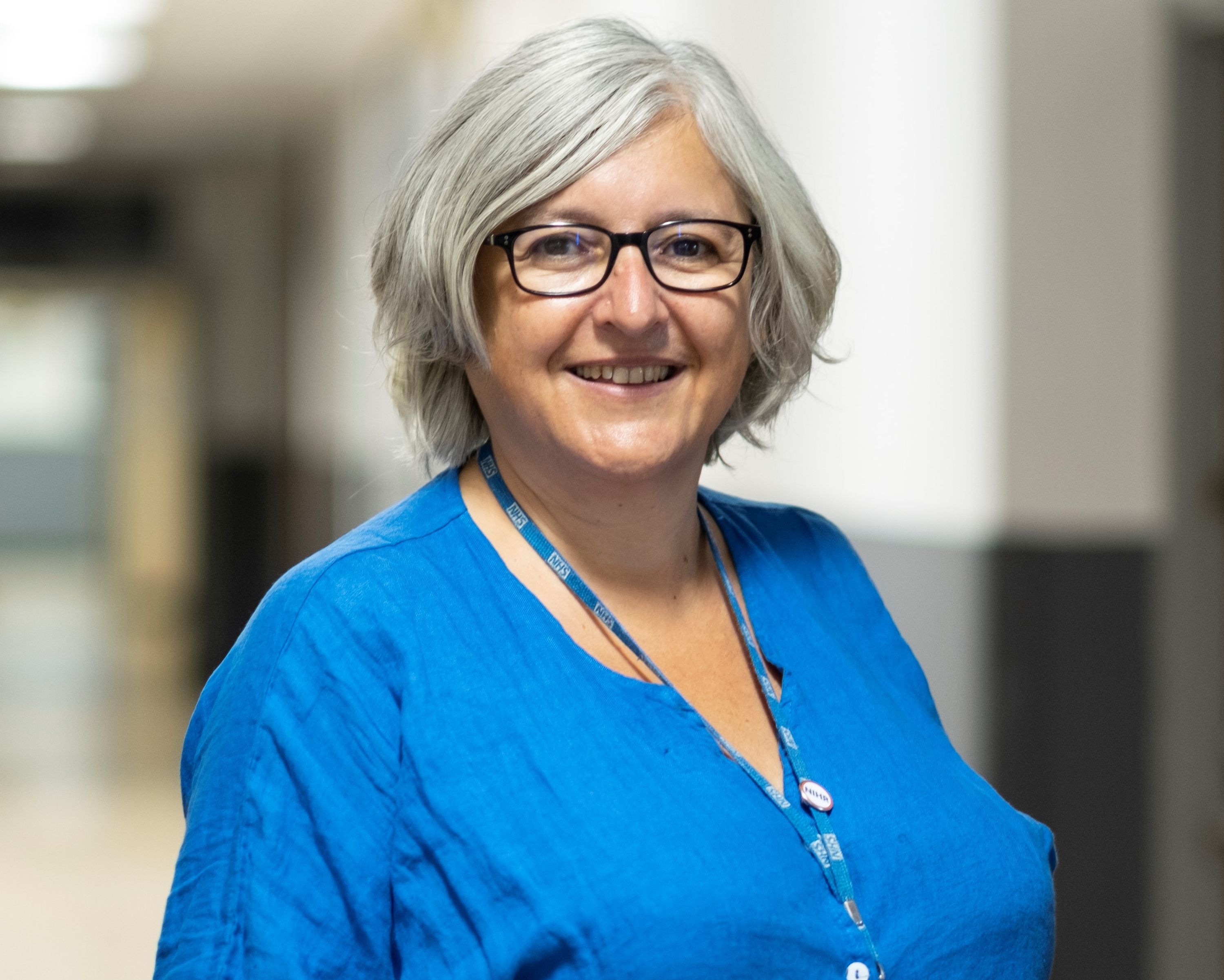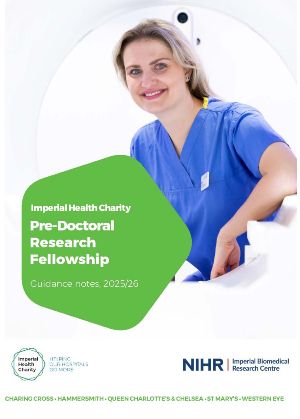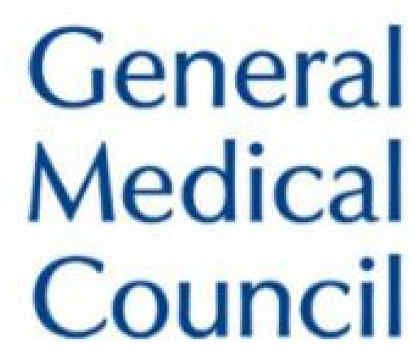 RESEARCH: METABOLISM AND REPRODUCTION
RESEARCH: METABOLISM AND REPRODUCTION
How did you get into research?
I did not really consider a career involving research until I started working in Imperial College Healthcare NHS Trust as part of my specialist training programme. Due to the close association between Imperial College Healthcare NHS Trust and Imperial College London, there were many opportunities to get involved in research, and I was welcomed by Professor Dhillo and his team. I joined the NIHR Academic Clinical Fellowship Scheme and then I was awarded a 1-year Imperial Health Charity Fellowship. This then enabled me to successfully apply for an Medical Research Council (MRC) Clinical Fellowship, which funded my PhD.
What do you enjoy about research?
I enjoy looking for answers to questions that increase our understanding of health conditions and/or improve the treatments we can offer patients. Research enables me to do this whilst working with many people with different areas of expertise.
What was the most difficult aspect of doing your PhD?
I found it difficult to master certain techniques. However, I had excellent teachers, and I kept on trying until I achieved my aims.
What was the most challenging aspect of continuing your research after completing your PhD?
It can be challenging to develop your own work and move in a different direction after you have spent many years focusing on a specific area. However, because you acquire many different skills and collaborate with different people, you will find other opportunities and other research areas to focus on.
What difference has your research training and experience made to your career?
My research training and experience has made my career more varied, interesting and more fulfilling.
How has research changed your clinical practice?
I believe research has made me a more enquiring clinician. I look for opportunities to involve patients in research. In addition, I continue to read the literature related to the conditions that affect patients that I see in different settings.
What has made a difference to progressing your research career?
I have been very fortunate as I have had excellent mentorship and guidance from senior clinical academics, and a lot of support from my family. I have benefited from funding from several charities, the National Institute for Health and Care Research (NIHR), and the MRC. In addition, the Imperial Post-doctoral Post-CCT Research Fellowship provided me with support that enabled me to continue to make progress at a critical stage of my research career.
Where do you see your clinical academic career going over the next five years?
In April 2024, I was awarded a 5-year NIHR Senior Clinical and Practitioner Research Award. This Award will provide me with protected time and funding (alongside my clinical work) to undertake research to answer questions that I hope will lead to improved outcomes for patients.
Dr Chioma Izzi-Engbeaya, Consultant Endocrinologist & Director of the Pharmacology Intercalated BSc, Imperial College London
Download Chioma's research careers case study: Dr Chioma Izzi-Engbeaya Case Study PDF
Useful links
Contact us
The CATO Team and Radiographers Incubator work on a Hybrid model, combining days in the office with days working from home – the best way to reach us is by email.
cato@imperial.ac.uk
radresearch@imperial.ac.uk
+44 (0)20 3313 7397



